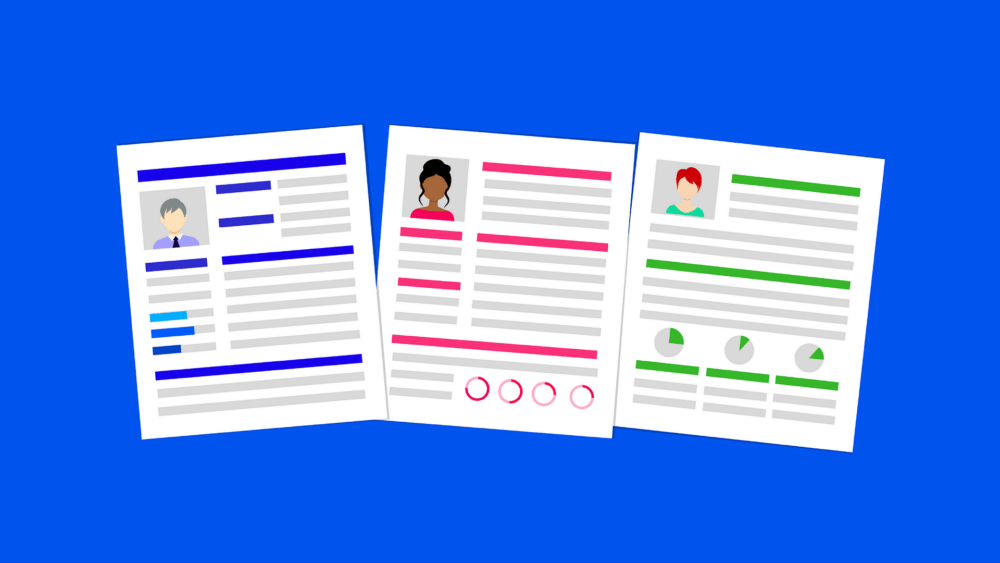Since it’s summer internship season, a lot of students are sending out their resumes to whatever opportunities they find. I mean exactly what I said. They aren’t necessarily nitpicky with their options because as one undergrad student told me, “beggars can’t be choosers”. Regardless of their major or area of study, students are in search of internship opportunities to fill the long 3 month summer gap.
It’s true that you won’t enjoy all your internships. But you will definitely learn from every single experience anyway. Most employers understand that you are in a phase of your life where things still don’t make sense and your career path is unclear.
Before we get started, here are a few things you absolutely must remember; a great resume still might not get you the ‘dream’ internship. A year ago, I checked all the boxes on ‘perfect resume’ and I still didn’t get the job. For undergraduate students, this is a flustering experience. But it doesn’t mean you should give up.
925Egypt compiled the top 4 things to consider when putting your resume together.
1) Display, Structure and Appearances

‘Don’t judge a book by its cover’ is a saying we’ve heard growing up. But here’s the thing, the first glance an employer has on a resume is crucial. More often than not, the first thing a person will notice is how organized the information is.
We suggest this order of information: Education, Work Experience & Internships, Extracurricular Activities, and Skills. Make sure each of those headings is clearly labelled; whether in bold or italics. Under each of those sections, you’ll have subheadings for every relevant event. Hence, make sure those are clear too with start and finish dates.
At the very top of the resume, make sure your name, email address, phone number and home address are clear. At the bottom, clarify that any references can be furnished upon request.
According to the American University in Cairo’s Career Center, there are two types of orders: chronological resume and functional resume. The chronological option shows career progression and stability, while the functional option works best when you’re going into a career shift or if the duration/ previous jobs don’t have relevance to what you are looking for.
A lot of resumes nowadays are creative, colorful and done on InDesign to give it an extra flair. While this does give you character, make sure it’s relevant and fits the environment you are applying for. Generally creative resumes only fit for content creators, artistic-related jobs, and media (not including formal news organizations).
2) Proofread The Actual Content

Now that you have a set, clear structure for how your resume looks like, you cannot and absolutely must never submit it without proofreading. One spelling mistake will not sit well with employers.
As a writer, I can tell you that I’ve made mistakes in my own articles and I’ve had to go back and fix them. This is not something that made my editors happy in any way. But I understand human error. However, with a resume, you often get one shot to show your best self, and a spelling mistake can come off as sloppy.
If you’ve just put your resume together, wait a couple of hours and then go back to proofread it. That increases the chances of catching errors. Another suggestion is to use a spell checker and grammar tool online. While technology does make our lives easier, you’d still have to proofread after the spell checker just to stay on the safe side.
Another way to proofread and catch errors is by actually printing your resume and reading it out loud. “Reading every word out loud calls attention to awkward phrases and misspellings. If you stumble over your words as you speak them, your reader will stumble as well,” according to indeed.com.
While proofreading, you might feel as though the font and text size isn’t comfortable. If you do feel that way, change them. All our high school and college essays were written using Times New Roman with a font size of 12. Stick to it.
3) And Now For What’s Actually In Your Resume

Often undergraduate students worry that they don’t have enough to show for on their resume. But no one expects you to have had a lot of work experience; especially off campus. If you’re still in college, then student clubs count, special research papers count, graduation projects count, and teaching assistant jobs count too.
The ideal candidate applying for a job in a certain field would probably have taken classes in this subject matter and participated in student clubs that compliment the field and every single one.
But if that isn’t the case, don’t worry either. That’s why you are applying for internships; to have experience to put on your resume. A lot of employers don’t like to hear the words ‘I am here to put something on my resume’, but the matter of the fact is that this is why you are applying. And that’s perfectly fine.
What you should focus on doing is highlighting your key specialties and what makes you shine the most. Basically, the resume is a sales tool: you are trying to ‘sell’ what you have. Usually as a student, it can be hard to figure out what makes you look best. It is best to speak to a professor on some tips and tricks that are exclusive to your area of study.
4) To GPA Or Not To GPA?

Along the years, you’ll remove parts of your resume as some experiences become outdated or do not serve their purpose anymore. But in college, the question of whether to put your GPA on your resume is something students often debate.
Generally, if your GPA is good, then put it on your resume. If it isn’t, then avoid it. This is not to say that GPA matters or that higher GPAs get job opportunities, but grades do give an indication of who you are as a person. As per CNBC, “many employers tend to regard a strong GPA as a sign that a candidate will be able to handle the pressure of a given role once hired.”
Eventually, when you’ve had enough job experiences, you can potentially remove your GPA. But having just graduated, or still being in college, does mean that GPA counts for something. Most career experts recommend keeping it on your resume if it is over 3.5. Academic achievements do somehow indicate that you’d probably be reliable and hardworking.
Overall, as an undergraduate student who is still trying to adjust to what work life looks like, you need to keep trying. Join Facebook groups that are solely for hiring and internships, tell your professors that you are looking for opportunities and be ready for rejection. Rejection will happen. Think of it this way: rejection redirects you to new paths which could be better in the long run.




























